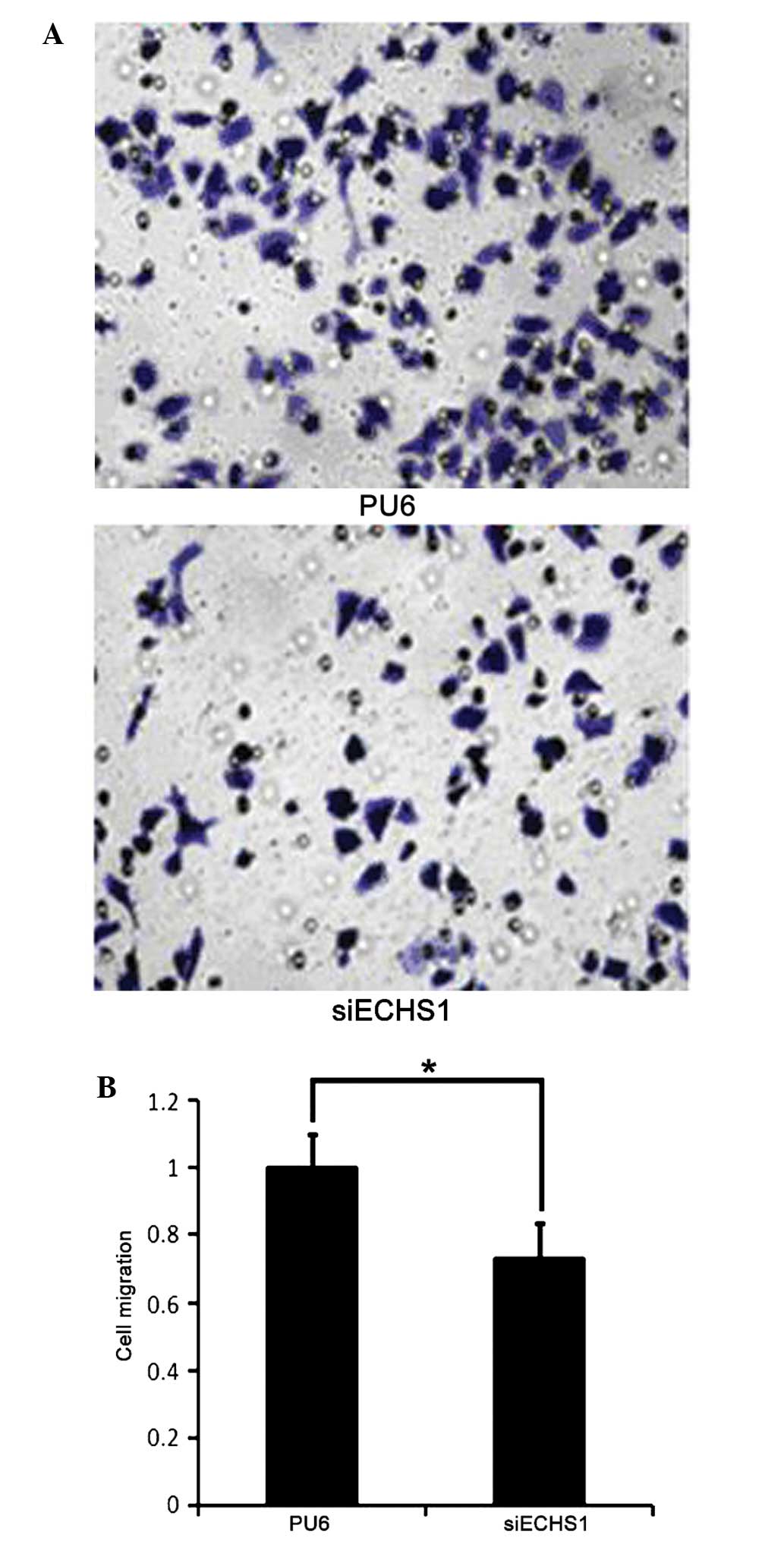|
1
|
Orannapalai N, Attawettayanon W, Kanngern
S, Boonpipattanapong T and Sangkhathat S: Predicting the occurrence
of cancer-associated colorectal polyp using a metabolic risk score.
Mol Clin Oncol. 2:124–128. 2014.PubMed/NCBI
|
|
2
|
Zhang GJ, Zhou T, Liu ZL, Tian HP and Xia
SS: Plasma miR-200c and miR-18a as potential biomarkers for the
detection of colorectal carcinoma. Mol Clin Oncol. 1:379–384.
2013.
|
|
3
|
Chen G, Mao B, Pan Q, Liu Q, Xu X and Ning
Y: Prediction rule for estimating advanced colorectal neoplasm risk
in average-risk populations in southern Jiangsu Province. Chin J
Cancer Res. 26:4–11. 2014.PubMed/NCBI
|
|
4
|
Crncec I, Pathria P, Svinka J and Eferl R:
Induction of colorectal cancer in mice and hitomorphometric
evaluation of tumors. Methods Mol Biol. 1267:145–164. 2015.
|
|
5
|
Zhang J, Sun M, Li R, Liu S, Mao J, Huang
Y, Wang B, Hou L, Ibrahim MM and Tang J: Ech1 is a potent
suppressor of lymphatic metastasis in hepatocarcinoma. Biomed
Pharmacother. 67:557–560. 2013. View Article : Google Scholar : PubMed/NCBI
|
|
6
|
Janssen U, Davis EM, Le Beau MM and
Stoffel W: Human mitochondrial enoyl-CoA hydratase gene (ECHS1):
structural organization and assignment to chromosome 10q26.2–q26.3.
Genomics. 40:470–475. 1997. View Article : Google Scholar : PubMed/NCBI
|
|
7
|
Sakai C, Yamaguchi S, Sasaki M, Miyamoto
Y, Matsushima Y and Goto Y: ECHS1 mutations cause combined
respiratory chain deficiency resulting in Leigh syndrome. Hum
Mutat. 36:232–239. 2015. View Article : Google Scholar
|
|
8
|
Zhang X, Yang J, Guo Y, Ye H, Yu C, Xu C,
Xu L, Wu S, Sun W, Wei H, Gao X, Zhu Y, Qian X, Jiang Y, Li Y and
He F: Functional proteomic analysis of nonalcoholic fatty liver
disease in rat models: enoylcoenzyme a hydratase down-regulation
exacerbates hepatic steatosis. Hepatology. 51:1190–1199. 2010.
View Article : Google Scholar : PubMed/NCBI
|
|
9
|
Liu X, Feng R and Du L: The role of
enoyl-CoA hydratase short chain 1 and peroxiredoxin 3 in
PP2-induced apoptosis in human breast cancer MCF-7 cells. FEBS
Lett. 584:3185–3192. 2010. View Article : Google Scholar : PubMed/NCBI
|
|
10
|
Gong X, Zhu Y, Dong J, Chen J, You J,
Zheng Q, Rao Z, Mao Q and Jiang J: Small hepatitis B surface
antigen interacts with and modulates enoyl-coenzyme A hydratase
expression in hepatoma cells. Arch Virol. 158:1065–1070. 2013.
View Article : Google Scholar : PubMed/NCBI
|
|
11
|
Chang Y, Wang SX, Wang YB, Zhou J, Li WH,
Wang N, Fang DF, Li HY, Li AL, Zhang XM and Zhang WN: ECHS1
interacts with STAT3 and negatively regulates STAT3 signaling. FEBS
Lett. 587:607–613. 2013. View Article : Google Scholar : PubMed/NCBI
|
|
12
|
Yang G, Ma F, Zhong M, Fang L, Peng Y, Xin
X, Zhong J, Zhu W and Zhang Y: Interleukin-11 induces the
expression of matrix metalloproteinase 13 in gastric cancer SCH
cells partly via the PI3K-AKT and JAK-STAT3 pathways. Mol Med Rep.
9:1371–1375. 2014.PubMed/NCBI
|
|
13
|
Von Ohlen T, Luce-Fedrow A, Ortega MT,
Ganta RR and Chapes SK: Identification of critical host
mitochondrion-associated genes during Ehrlichia chaffeensis
infections. Infect Immun. 80:3576–3586. 2012. View Article : Google Scholar : PubMed/NCBI
|
|
14
|
Zhu XS, Gao P, Dai YC, Xie JP, Zeng W and
Lian QN: Attenuation of enoyl coenzyme A hydratase short chain 1
expression in gastric cancer cells inhibits cell proliferation and
migration in vitro. Cell Mol Biol Lett. 19:576–589. 2014.
View Article : Google Scholar : PubMed/NCBI
|
|
15
|
Zhu XS, Dai YC, Chen ZX, Xie JP, Zeng W,
Lin YY and Tan QH: Knockdown of ECHS1 protein expression inhibits
hepatocellular carcinoma cell proliferation via suppression of Akt
activity. Crit Rev Eukaryot Gene Expr. 23:275–282. 2013. View Article : Google Scholar : PubMed/NCBI
|
|
16
|
Xie JP, Zhu XS, Dai YC, Yu C, Xie T and
Chen ZX: Expression of enoyl coenzyme A hydratase, short chain, 1,
in colorectal cancer and its association with clinicopathological
characteristics. Mol Clin Oncol. 2:1081–1084. 2014.PubMed/NCBI
|
|
17
|
Zhang L, Zhang J, Dong Y, Swain CA, Zhang
Y and Xie Z: The potential dual effects of sevoflurane on
AKT/GSK3beta signaling pathway. Med Gas Res. 4:52014. View Article : Google Scholar
|
|
18
|
Chen L, Wei X, Hou Y, Liu X, Li S, Sun B,
Liu X and Liu H: Tetramethylpyrazine analogue CXC195 protects
against cerebral ischemia/reperfusion-induced apoptosis through PI3
K/Akt/GSK3β pathway in rats. Neurochem Int. 66:27–32. 2014.
View Article : Google Scholar : PubMed/NCBI
|
|
19
|
Zhou RJ, Wang F, Zhang XH, Zhang JJ, Xu J,
Dong W and Zou ZQ: A-eleostearic acid inhibits growth and induces
apoptosis in breast cancer cells via HER2/HER3 signaling. Mol Med
Rep. 9:993–998. 2014.
|
|
20
|
Wang R, Li Z, Guo H, Shi W, Xin Y, Chang W
and Huang T: Caveolin 1 knockdown inhibits the proliferation,
migration and invasion of human breast cancer BT474 cells. Mol Med
Rep. 9:1723–1728. 2014.PubMed/NCBI
|
|
21
|
Yunqiao L, Vanke H, Jun X and Tangmeng G:
MicroRNA-206, down-regulated in hepatocellular carcinoma,
suppresses cell proliferation and promotes apoptosis.
Hepatogastroenterology. 61:1302–1307. 2014.PubMed/NCBI
|


















